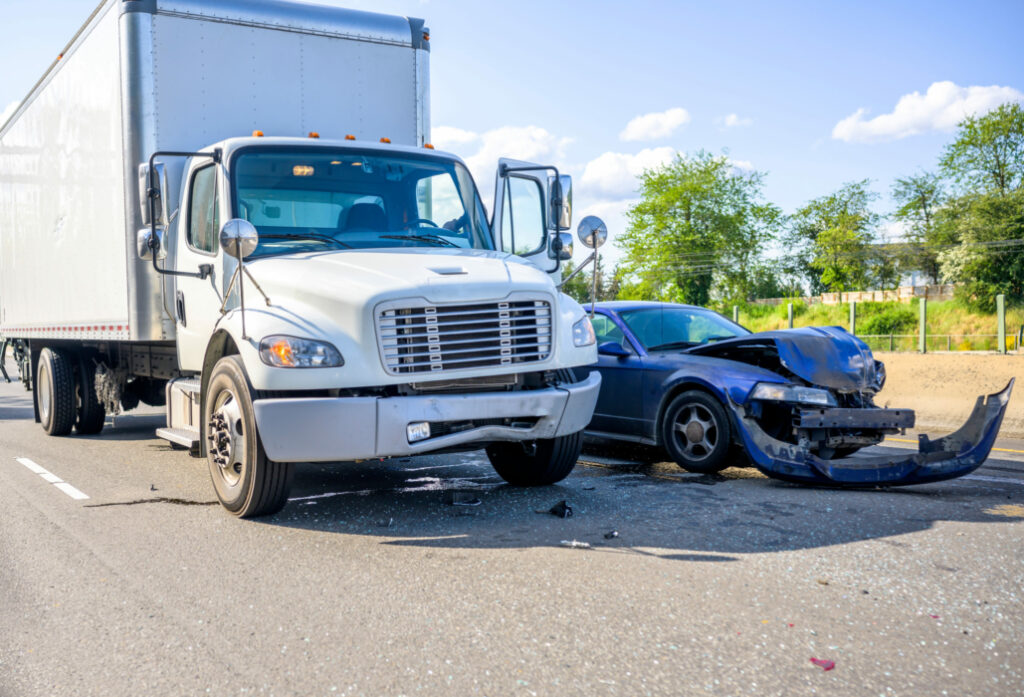When it comes to road accidents, truck accidents are often more complicated and have far-reaching consequences compared to car accidents. The sheer size and weight of commercial trucks, combined with various other factors, contribute to the complexity of these incidents. In this article, we will delve into the reasons why truck accidents are more intricate than car accidents, exploring the unique challenges they present and the implications they have on victims, legal matters, and overall road safety.
1. Understanding the Differences Between Trucks and Cars
To comprehend why truck accidents are more complex, it is crucial to acknowledge the fundamental distinctions between trucks and cars. Trucks, particularly commercial ones used for transporting goods, are significantly larger and heavier than typical passenger cars. This disparity in size and weight creates a significant disparity in the potential for damages and injuries when accidents occur.
2. Factors Contributing to Truck Accidents
Driver Fatigue and Hours of Service Regulations
Truck drivers often face demanding schedules and long hours on the road, leading to driver fatigue. Fatigue can impair their judgment, reflexes, and overall driving performance, increasing the likelihood of accidents. Although hours of service regulations exist to mitigate this risk, violations still occur, making driver fatigue a significant factor in truck accidents.
Vehicle Maintenance and Inspection
Trucks require regular and meticulous maintenance due to their extensive mileage and heavy loads. Unfortunately, inadequate maintenance and negligent inspections can lead to mechanical failures such as brake malfunctions or tire blowouts, significantly increasing the likelihood of accidents.
Size and Weight Disparity
The sheer size and weight of trucks make them inherently more challenging to maneuver and stop compared to cars. They have larger blind spots, require greater stopping distances, and often have restricted visibility. These factors can contribute to accidents, especially in congested traffic or adverse weather conditions.
3. Legal and Insurance Complexities
Multiple Parties Involved
Truck accidents often involve multiple parties, including the truck driver, trucking company, vehicle manufacturer, and possibly even cargo loaders. Determining liability and establishing fault can be a complex process, requiring thorough investigations and expertise.
Higher Insurance Coverage
Commercial trucks typically carry higher insurance coverage due to the potential for significant damages and injuries. Higher insurance limits mean more substantial claims and increased complexities in negotiating settlements or pursuing litigation.
4. Severity of Injuries and Damages
Increased Risk of Catastrophic Injuries
Due to their size and weight, truck accidents often result in more severe injuries and fatalities compared to car accidents. Occupants of smaller vehicles involved in collisions with trucks are at a higher risk of sustaining catastrophic injuries, including spinal cord damage, traumatic brain injuries, and multiple fractures.
Property Damage and Cargo Spills
Truck accidents can cause extensive property damage, including damage to other vehicles, infrastructure, and cargo. In cases where the truck is transporting hazardous materials, the potential for environmental contamination and additional safety hazards further complicates the situation.
5. Investigations and Liability Determination
Data Retrieval and Analysis
Truck accidents typically involve collecting and analyzing various types of data, such as the truck’s black box information, driver logs, maintenance records, and accident scene evidence. This data is crucial in reconstructing the accident and determining liability accurately, but its retrieval and interpretation can be time-consuming and complex.
Expert Witnesses
Due to the technical nature of truck accidents, expert witnesses often play a significant role in establishing liability. Accident reconstruction specialists, mechanical engineers, and medical professionals are just a few examples of experts who may be needed to provide their insights and opinions during legal proceedings.
6. Safety Measures and Prevention
Truck-Specific Regulations
To address the complexities and risks associated with truck accidents, specific regulations are in place. These regulations cover various aspects, such as driver qualifications, maintenance standards, hours of service limitations, and cargo securement requirements. However, enforcing these regulations and ensuring compliance across the industry remains an ongoing challenge.
Driver Training and Certification
Truck drivers require specialized training and certifications to safely operate their vehicles. However, the effectiveness and consistency of driver training programs can vary. Improving training standards and promoting ongoing education can help mitigate the risks associated with truck accidents.
7. Conclusion
In conclusion, truck accidents pose more significant challenges and complexities compared to car accidents due to the unique characteristics of commercial trucks, the severity of potential injuries and damages, legal and insurance complexities, as well as the need for extensive investigations and liability determination. Addressing these complexities requires a comprehensive approach that includes improved safety measures, increased awareness, and enhanced regulations across the trucking industry.

